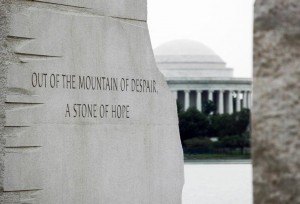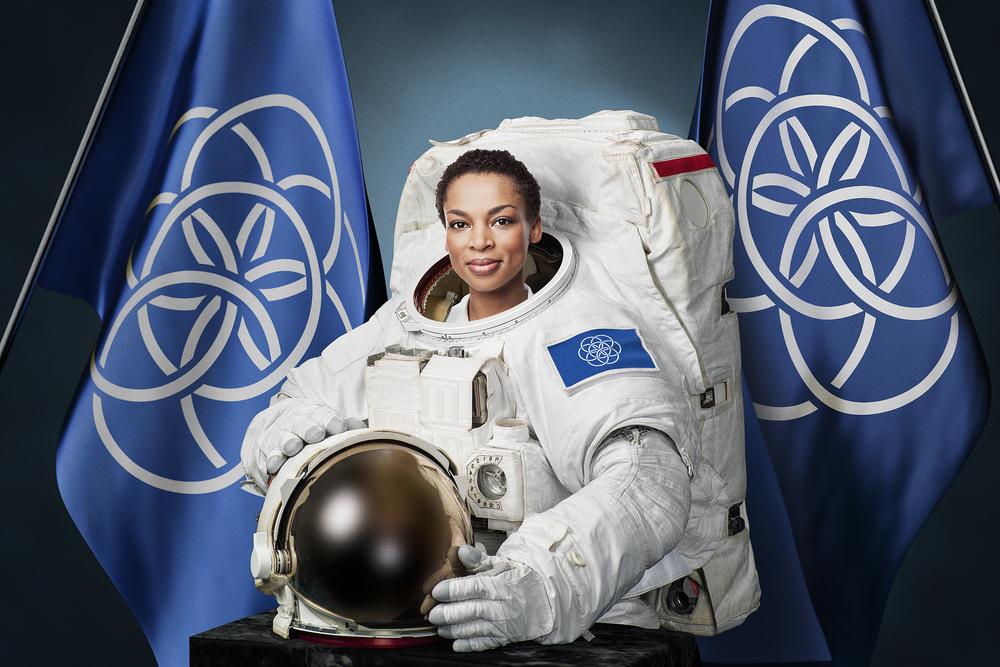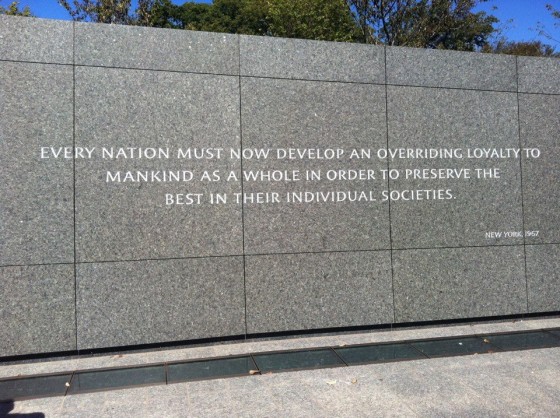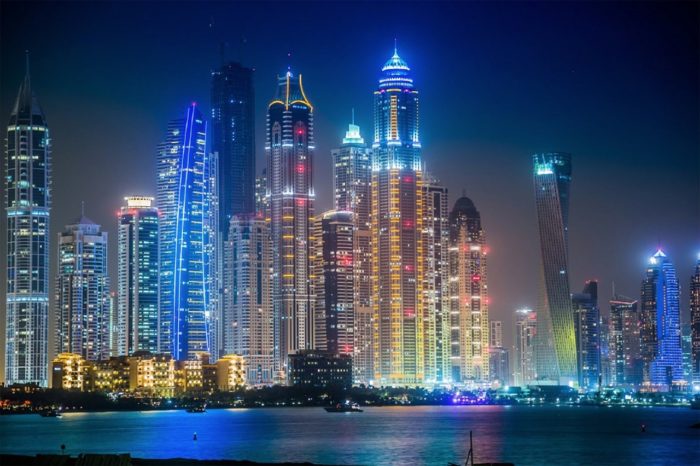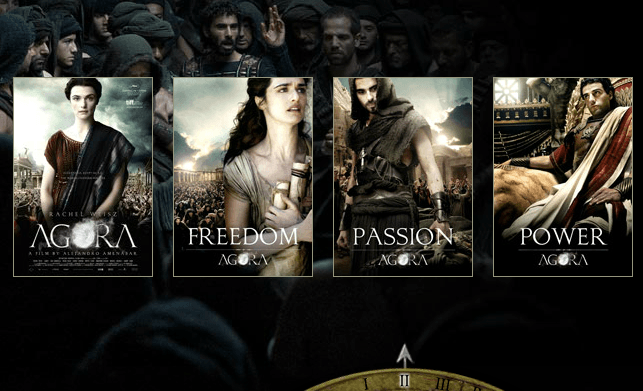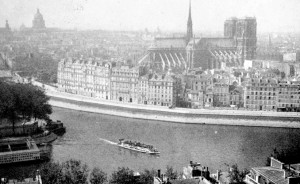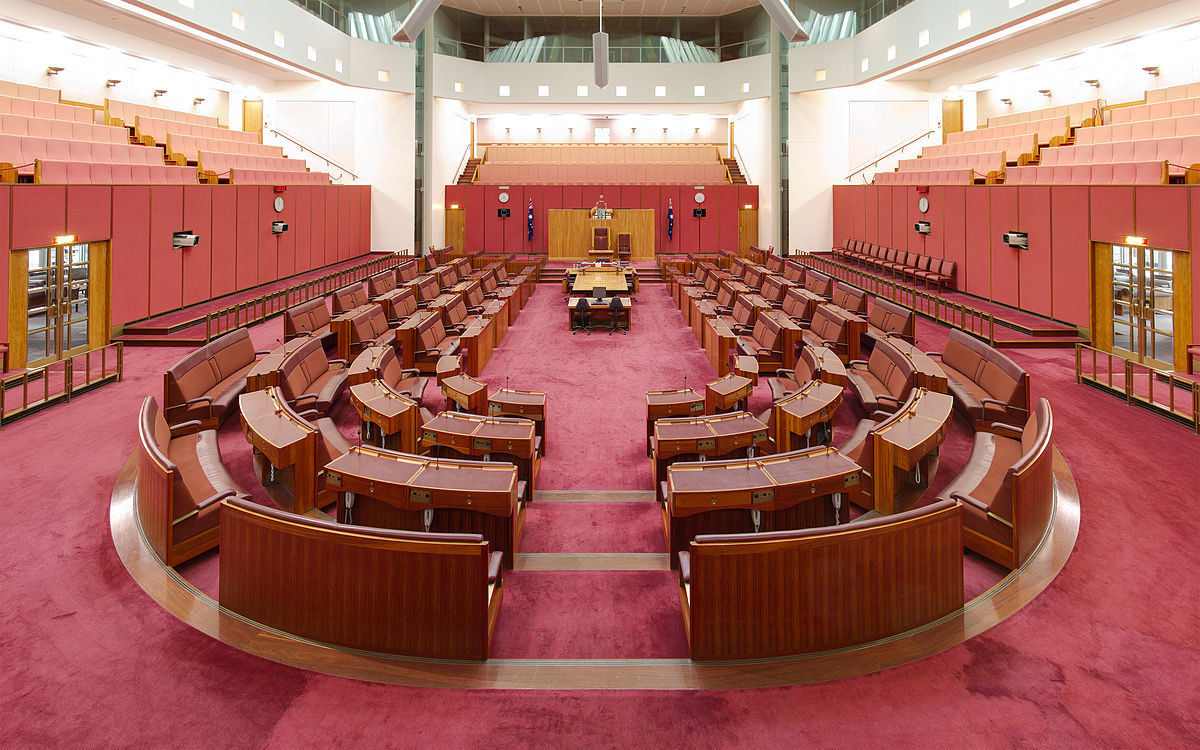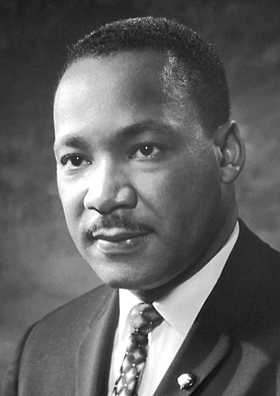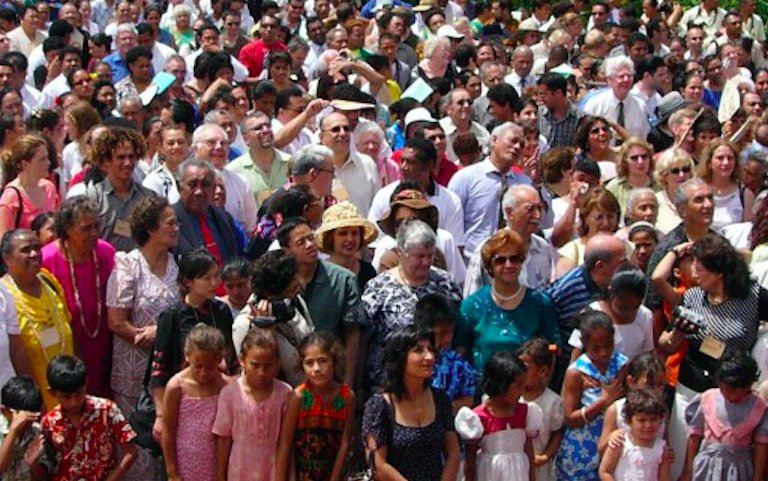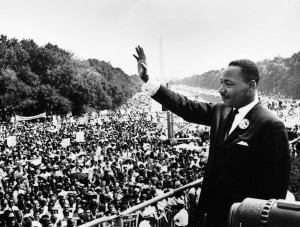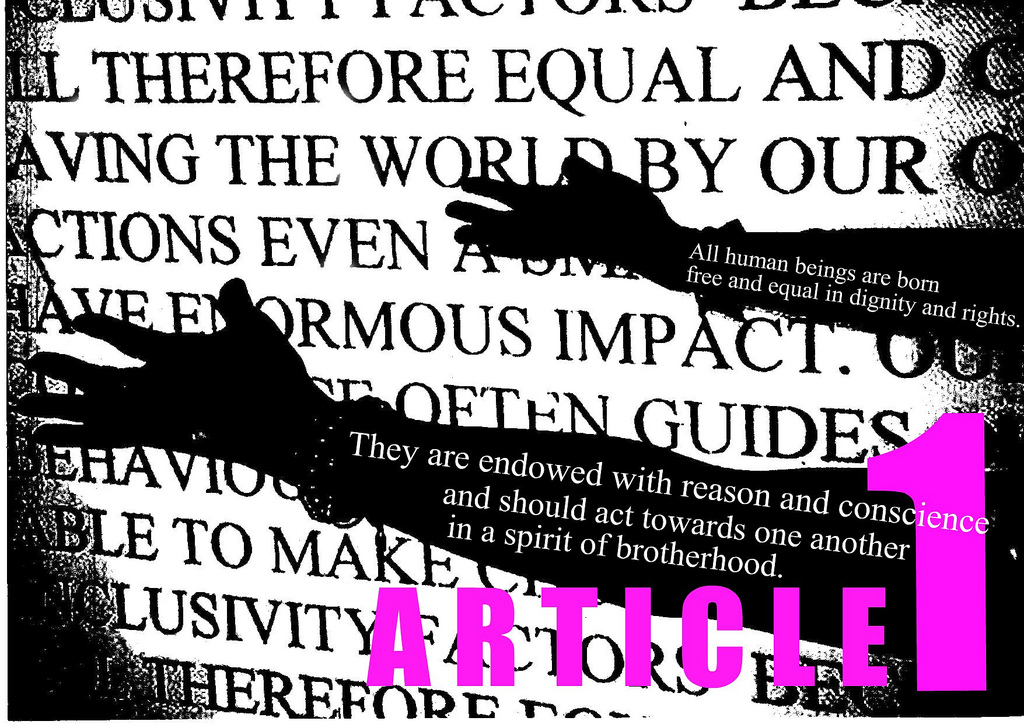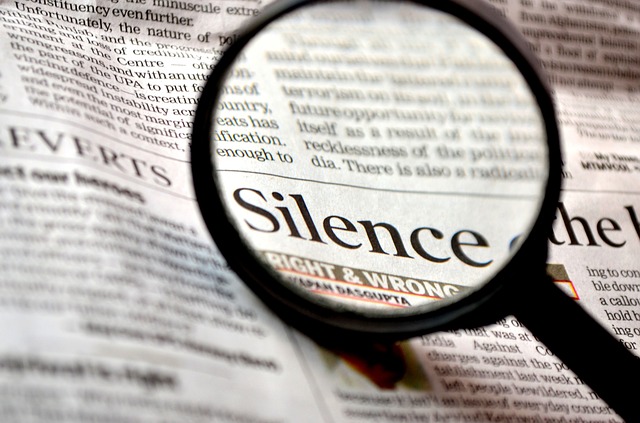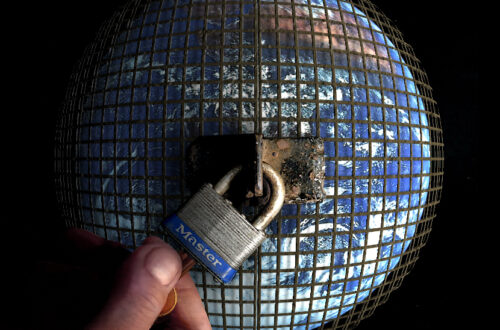-
Martin Luther King Jr. – What role did Christianity play in his civil rights advocacy? (Part 2 of 4)
Martin Luther King Jr. was born in Atlanta Georgia, the second son of Martin Luther King Sr. and Alberta Williams King. Martin Luther King Jr. was by vocation a Baptist minister. He was in the fourth generation of his family to take up this vocation. It is impossible to fully appreciate Martin Luther King’s work without understanding the role that Christian thought and inspiration played in his advocacy of human rights. Martin Luther King’s letter from a Birmingham prison to fellow Christian clergymen gives insight to the role his religious commitment played in generating and sustaining his commitment to work for justice. Further, the people from whom he came, the…
-
Martin Luther King Civil Rights Leader and Peace Advocate (Part 1 of 4)
Martin Luther King, Jr. gave his life for the poor of the world, the garbage workers of Memphis and the peasants of Vietnam. The day that Negro people and others in bondage are truly free, on the day want is abolished, on the day wars are no more, on that day I know my husband will rest in a long-deserved peace.—Coretta King This article is part of a series on human rights forebears. Rev. Dr. Martin Luther King Jr lived a life beyond the ordinary and writing about him is challenging. His life made the world that came after him better. This article will not do justice to his contribution.…
-
The Hundred Foot Journey
The Hundred Foot Journey, plays out against a physically short distance, yet the distance that keeps the people involved apart, is vast. The movie tells the story of a meeting between two cooking cultures: Indian and French. Both are proud of their cooking traditions. An Indian family, displaced some time before to England by political violence in their home country, seeks out a new life across the channel in Europe. A chance car breakdown takes them to an idyllic French town; where they find the food ingredients with the flavours they are seeking. Their arrival sparks a competition between cooking cultures and rival restaurants. Four characters are at the heart…
-
Belle
Humans are complex beings. The movie “Belle” (director Amma Assante) explores human complexity, particularly as it manifests in everyday human relationships. The movie is set in the late eighteenth century at the height of the transatlantic slave trade. Dido Elizabeth Belle (played by Gugu Mbatha-Raw) is the central character of the movie. She was born into slavery, but her father, Captain John Lindsay, was the nephew of the Lord Chief Justice William Murray (Earl of Mansfield). By this chance of fate, Dido escaped a life of slavery and was brought up instead in British high society – as part of the Lord Chief Justice’s household. The movie explores what life may…
-
The Duty of Kindness and Sympathy Towards Strangers and Foreigners
It is hardest to write of those things about which we feel most deeply. Today I wish to write about someone whose words and life have profoundly influenced and inspired me. That person is Abdu’l Baha: the son of the founder of the Baha’i Faith and its leader from 1892 to 1921. I wish to address particularly what Abdu’l Baha had to say about the issue of ‘foreignness’. One hundred years ago, on 16 and 17 October 1911, he gave his first recorded talk to the people of Paris. The theme of his talk was “the duty of kindness and sympathy towards strangers and foreigners”. What did Abdu’l Baha see…
-
Tragedy
It is one of the saddest realities of our modern world that prejudice and hate often rear their ugly heads through acts of gross violence. Yet that is precisely what happened this month. Unfathomable bigotry took the lives of 77 innocent men, women, and youth in Norway. To dwell excessively here on the evil ideology that precipitated this tragic event would be to give undue attention to the deluded ideas of a shameless man who has, according to many accounts, perpetrated this evil for the explicit purpose of advertising his shocking racism. We cannot play into his scheme. So even as we peremptorily reject and condemn the violence and its…
-
Foreignness: a primary problem
Image from freefoto.com One of the obstacles we face as a global society working to abolish foreignness is the perception of foreignness as only an ancillary problem, or a problem that is secondary to more critical and pressing global issues. Rather than deal with the question of the abolition of foreignness head-on, we seek to address the problem through proxies, hoping prejudice and hate and bias will simply go away if we first address the more material problems that supposedly underlie them. If we only do away with educational inequalities inner city schools, one argument might go, then racial tensions will be resolved. If we seek to address climate…
-
Libya’s Migrant Slaves
Among the tragedies befalling the people of Libya, is the tragedy befalling its migrant workers. On 9 March the International Federation of Red Cross and Red Crescent Societies reported that 30,000 migrant workers were forced back into Libya by forces loyal to Muammar Gaddafi to ‘return to work’ in Tripoli. This forced return amounts to slavery. It also violates international human rights in another way: Everyone has the right to leave any country … (article 14(2) Universal Declaration of Human Rights). Almost as soon as the uprising began in Libya the bonds that had held a multi-national community together fell apart. Although nationals and foreigners had lived together and shared their future before the uprising – after the uprising a person’s…
-
No One is Illegal
“You who are so-called illegal aliens must know that no human being is ‘illegal’. That is a contradiction in terms. Human beings can be beautiful or more beautiful, they can be fat or skinny, they can be right or wrong, but illegal? How can a human being be illegal?” Elie Wiesel, holocaust survivor, nobel peace prize recipient. If you search for the phrase “No One is Illegal” – you’ll see that its an idea that’s catching on. People are finding the idea relevant in places such as Vancouver, the UK, Montreal, Ottawa, Toronto, Melbourne, Tubingen, Poland and Sweden. Organisations such as change.org and colorlines are speaking out against use of…
